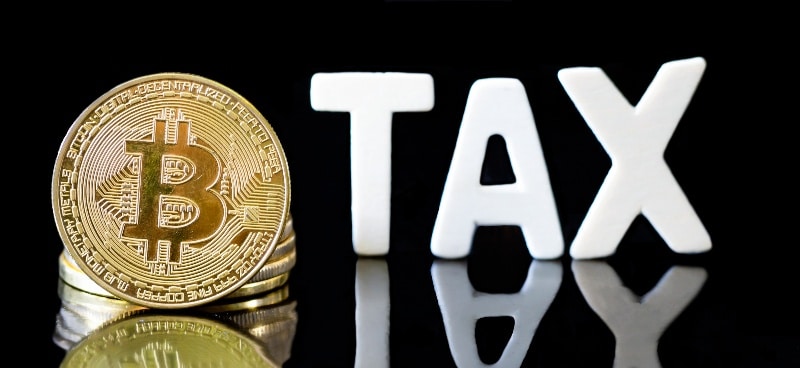According to government sources in India, a bill to regulate cryptocurrencies will be presented in the next session of parliament on 29 November.
#India is reportedly working to table the much-talked #cryptocurrency bill before or during the upcoming parliament session.
READ MORE:https://t.co/PXLpCH5BMl
— CoinJoy (@CoinJoy_io) November 22, 2021
Cryptocurrency regulation needed in India
According to reports, the bill would aim to regulate the markets in order to discourage investors from holding cryptocurrencies in their wallets for too long.
In a public statement on Thursday, Indian Prime Minister Narendra Modi said that all democratic nations must work together to ensure that cryptocurrency:
“not end up in the wrong hands, which can spoil our youth”.
At the beginning of the year, India seemed to want to follow the Chinese example and ban all cryptocurrency transactions. But then the government decided to adopt a softer strategy, preferring to follow the path of regulating a market that is becoming more and more widespread in the country.
According to a recent report by Arcane Research, India will see a boom in the use and trading of cryptocurrencies in 2020, with around 15 million citizens in possession of digital assets.
But according to sources, the new law could lead to harsh taxation on cryptocurrency transactions.
As reported by Indian financial newspaper Mint:
“Will have to pay over 40% on any crypto gains so far”.
India is afraid of the rise of cryptocurrencies
Both President Modi and the President of the Central Bank have always spoken quite critically about cryptocurrencies. The big fear is that cryptocurrencies, if unregulated, could become a tool in the hands of criminals, both for money laundering and for financing terrorism.
For this reason, the Indian government would like to consider cryptocurrencies as assets, like commodities, and no longer as currencies.
Indian Central Bank Governor Shaktikanta Das recently warned of the disastrous impact that digital assets could have on the country’s macroeconomic and financial stability. Speaking at a meeting, he admitted that the country would be considering working on an Indian CDBC project.
Does high volatility put savings at risk?
According to Dr Pavan Duggal, a Supreme Court lawyer and expert in IT law and digital assets, he pointed out that if Indians have invested over $5 billion in the crypto ecosystem and there is no regulatory clarity on the issue, it is very likely that a large number of Indians could lose large sums of money.
Duggal told Indian news agency IANS:
“It is also possible that some people may make a lot of money. The chances of an innocent user being made a victim of this impending economic disaster cannot be ruled out. The quicker India as a nation wakes up from its deep slumber and starts addressing the crypto ecosystem, the better it will be”.
The post India, bill ready to regulate cryptocurrencies appeared first on The Cryptonomist.























